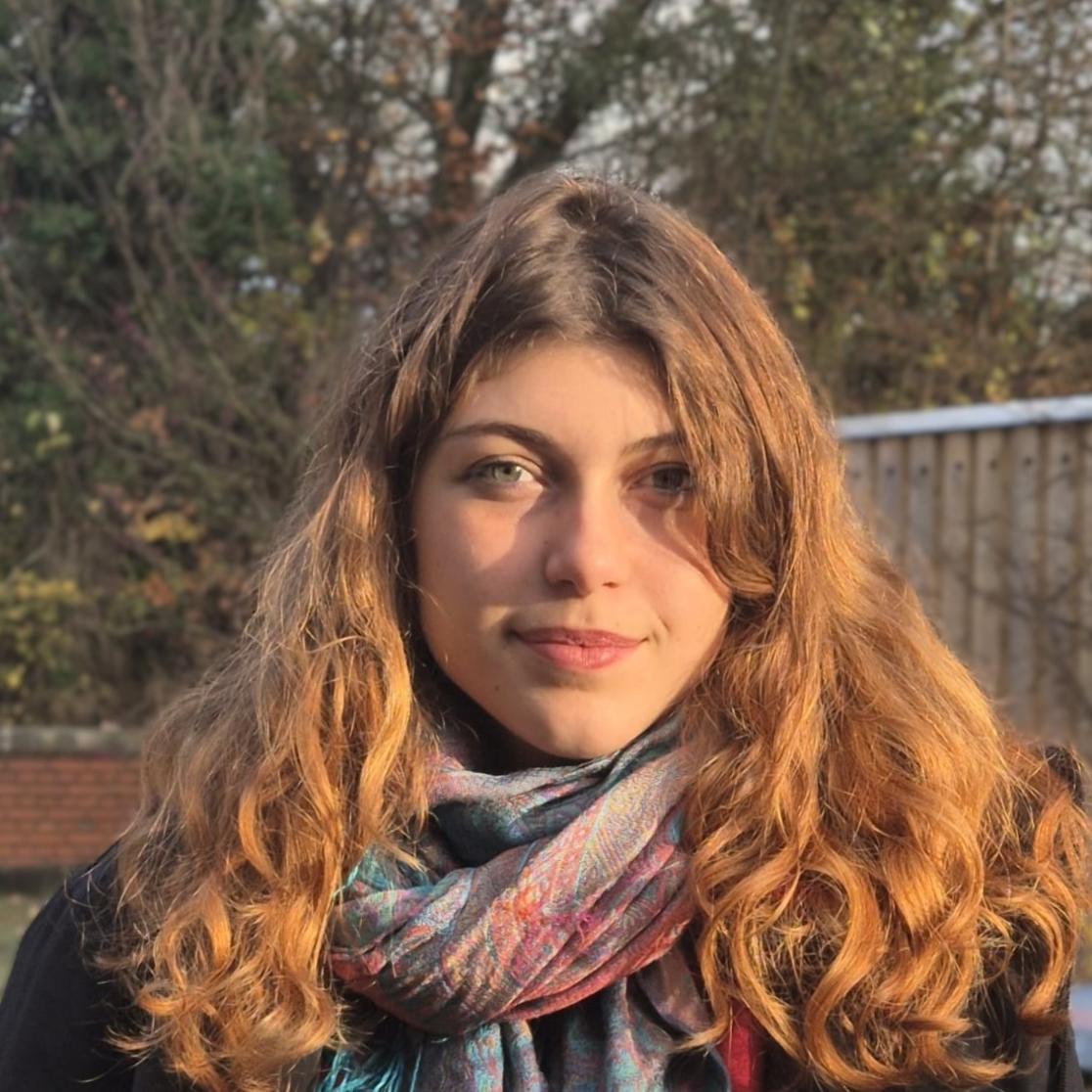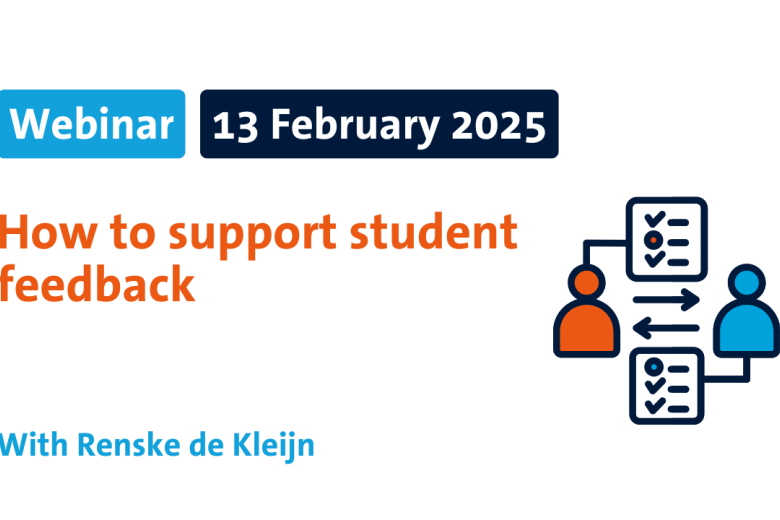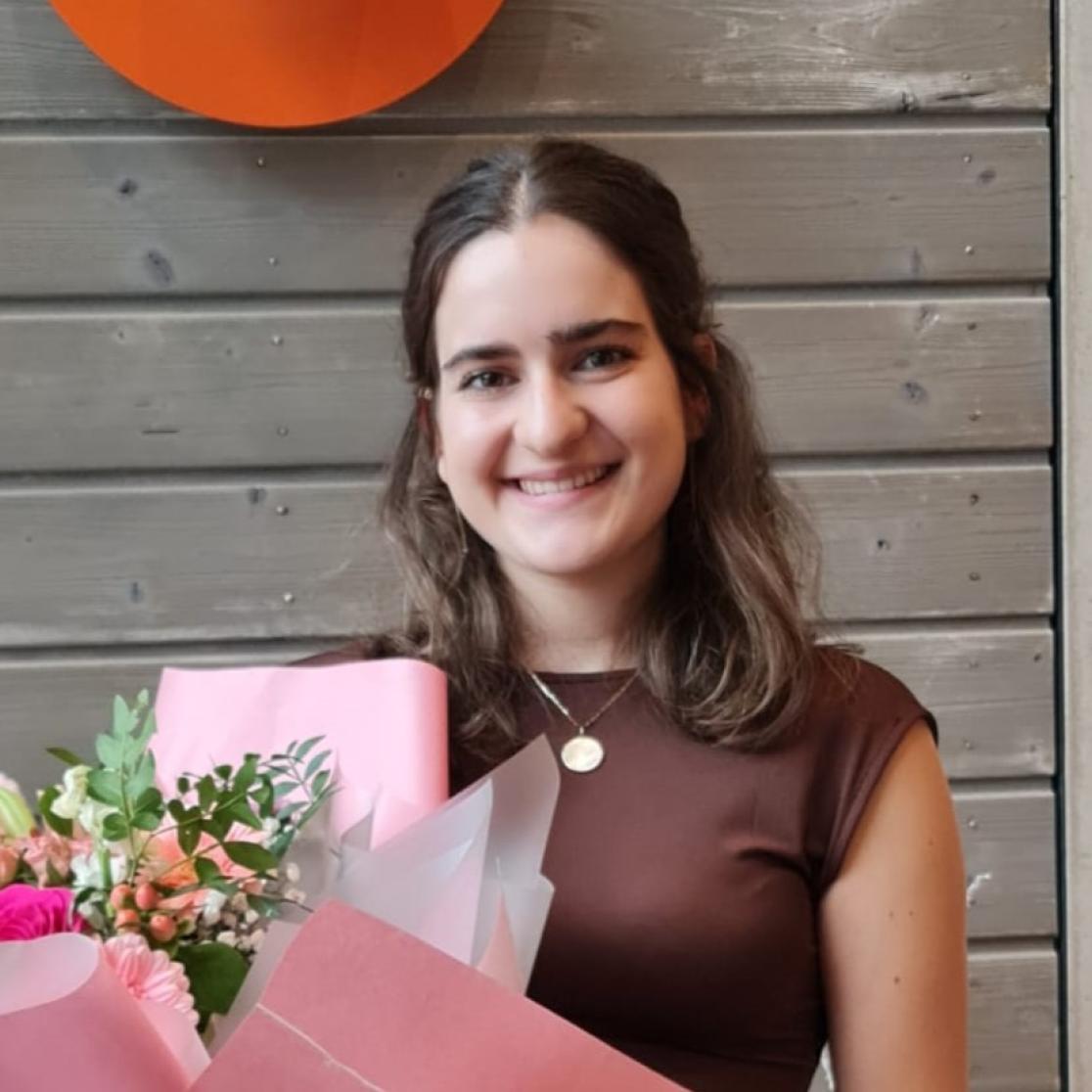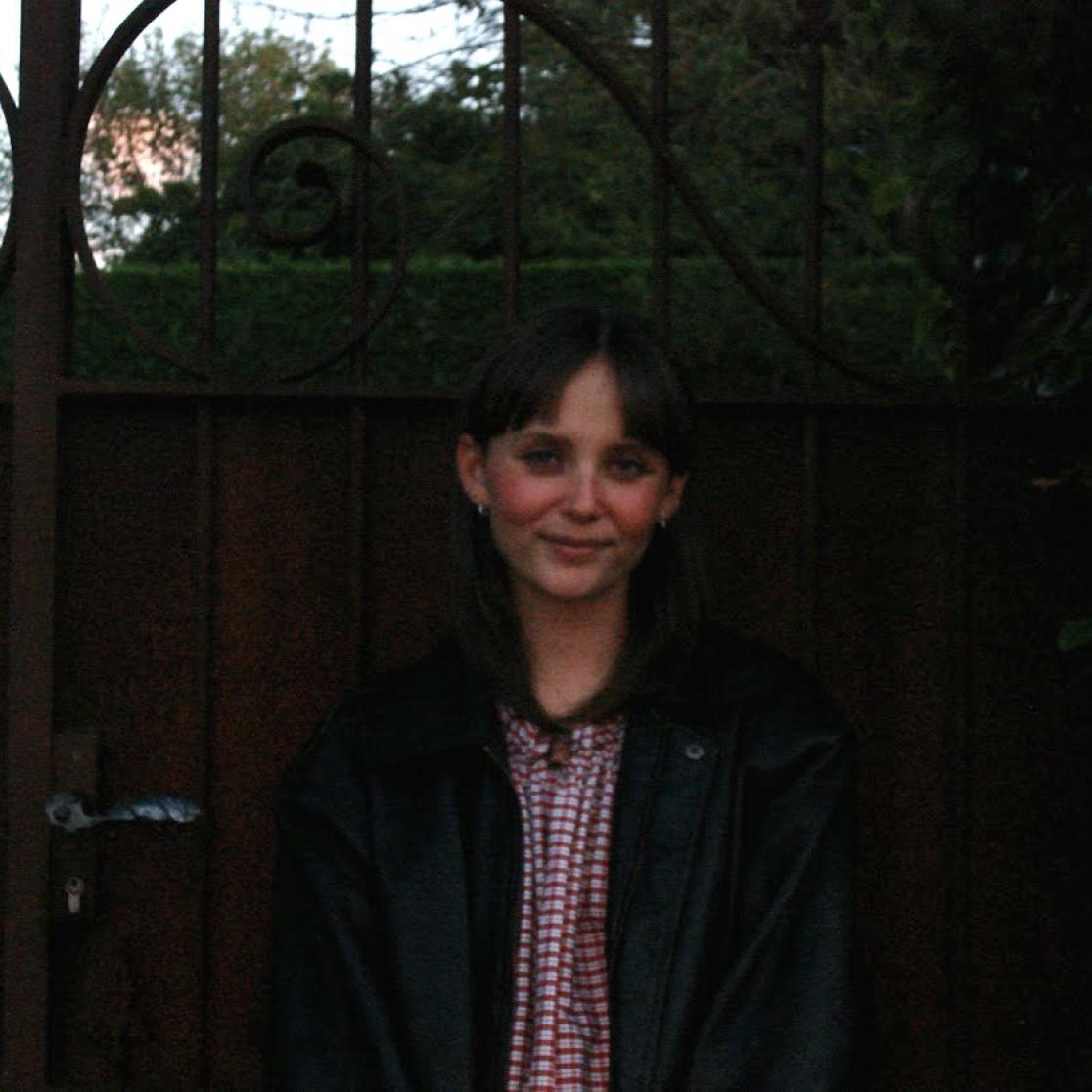On 13 February 2025, we have the pleasure to virtually welcome Renske de Kleijn at Maastricht University for a webinar!
Faculty of Science and Engineering | Bachelor Data Science and Artificial Intelligence
Prediction of Cognitive Decline Trajectories on Multi-Omics Data
Maja's elevator pitch
Cognitive decline in older adults is a growing public health concern, deeply impacting quality of life. Addressing this issue requires precise and individualized treatments due to the diverse progression patterns of cognitive impairment. This thesis focuses on predicting trajectories of cognitive decline using multi-omics data from the Alzheimer’s Disease Neuroimaging Initiative (ADNI). By combining proteomics, lipidomics, and metabolomics data, machine learning models demonstrated high accuracy in forecasting outcomes. Additionally, key biomarkers and pathways linked to cognitive impairment were identified. This work contributes to precision medicine, offering earlier detection and customized therapeutic strategies to enhance the quality of life and outcomes for those affected.

Congratulations Maja
In this video Maja is addressed briefly by the immediate supervisor.

Faculty of Health, Medicine & Life Sciences | Bachelor Biomedical Sciences
Benchmarking instrumentation and analysis methods for relative quantification of complex proteomic samples
Esther's elevator pitch
Mass spectrometry is revolutionizing how we measure proteins in biological samples, thanks to cutting-edge tools like the Orbitrap Astral and advanced tagging technologies. This study compared the performance of the Astral with the currently used analyzers, and assessed a new correction algorithm for isobaric tagging errors. The Astral excelled at detecting low-abundance proteins and was more consistent across runs, but it struggled with precision, leading to higher error rates. Meanwhile, the correction algorithm improved accuracy but sacrificed precision. These advancements promise breakthroughs in biomarker discovery but underscore the need for fine-tuning instruments and methods to maximize both accuracy and precision in protein quantification.

Congratulations Esther
In this video Esther is addressed briefly by the immediate supervisor.
Faculty of Arts and Social Sciences | Bachelor Arts and Culture
Reading Double: An Autofictional Reading of Sylvia Plath’s The Bell Jar
Ainsley's elevator pitch
Considering the longstanding debate of whether to read it as autobiography or fiction and the prominence of trauma discourse, my thesis proposes a new reading of The Bell Jar by Sylvia Plath (1963) as autofiction with an autofictional lens informed by trauma. Using feminist narratology, my analysis delves into the characterization of the protagonist, while also examining literary techniques and rhetorical devices to show how trauma is reflected through narration, figurative language, patterns, and a duality of closeness and distance. Read as autofiction, The Bell Jar can be seen as producing real-life effects and a new way of connecting with Plath.

Congratulations Ainsley
In this video Ainsley is addressed briefly by the immediate supervisor.